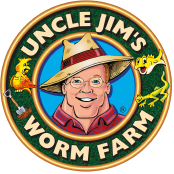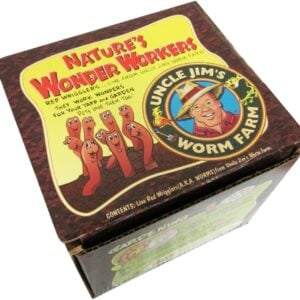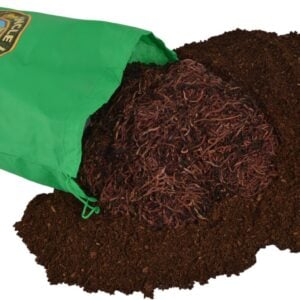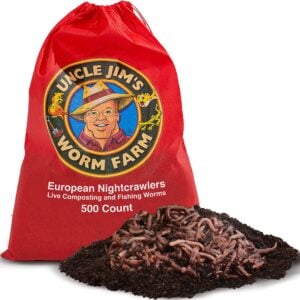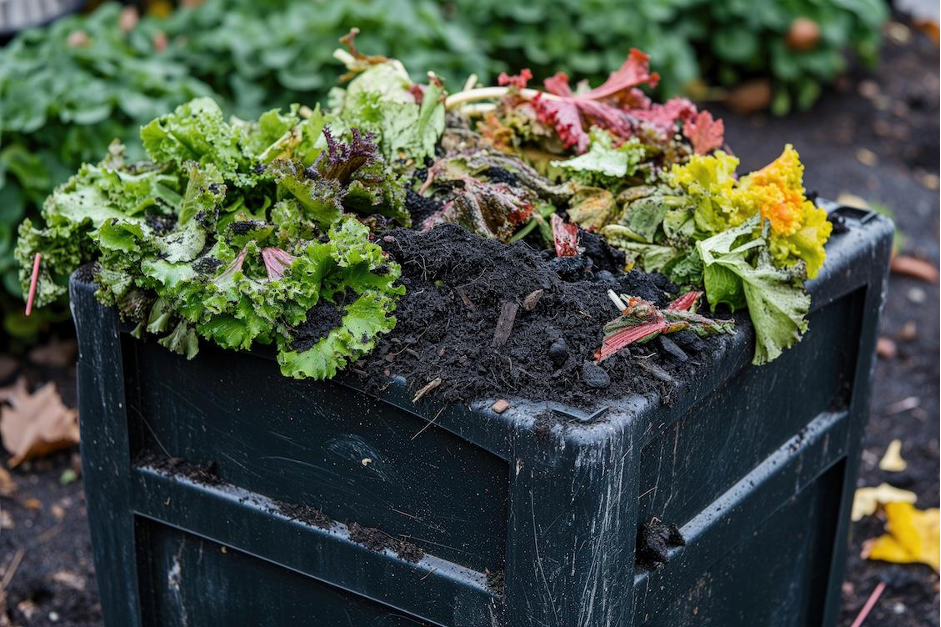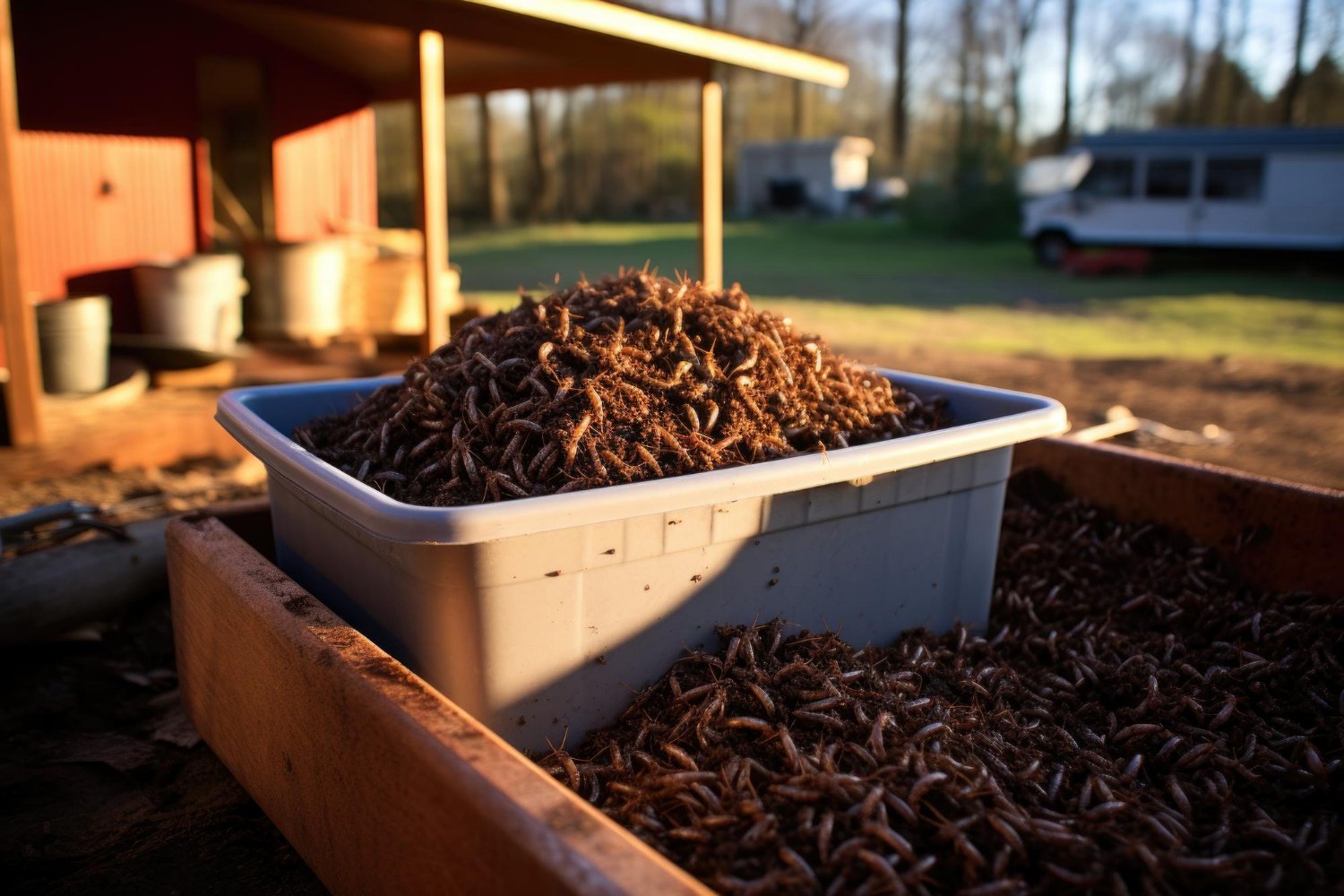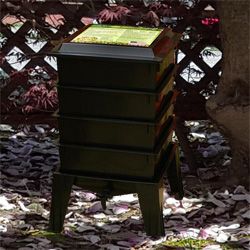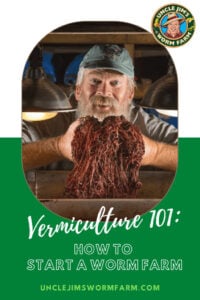
From the outside, vermiculture may appear to be a complicated topic. But once you get the hang of it, you will realize that it is simply a matter of picking the right type of worms and taking excellent care of them.
In this article, we will be discussing outdoor worm composting and how to build a worm farm as a business or full-time hobby. If you are a beginner who wants to start a simple homemade worm farm enough to cover your own food scraps, check out Uncle Jim’s guide on worm farming for beginners!
What is a Worm Farm?
First things first: before we get into “how to make a worm farm,” let us talk about what a worm farm actually is. It is an enclosed compost area in which worms consume food scraps, digest them, and produce worm compost, which the vermicomposter (that’s you) can use for themselves or sell in order to improve the health of the soil. You can also breed worms and sell them to those who want to start their own worm farm.
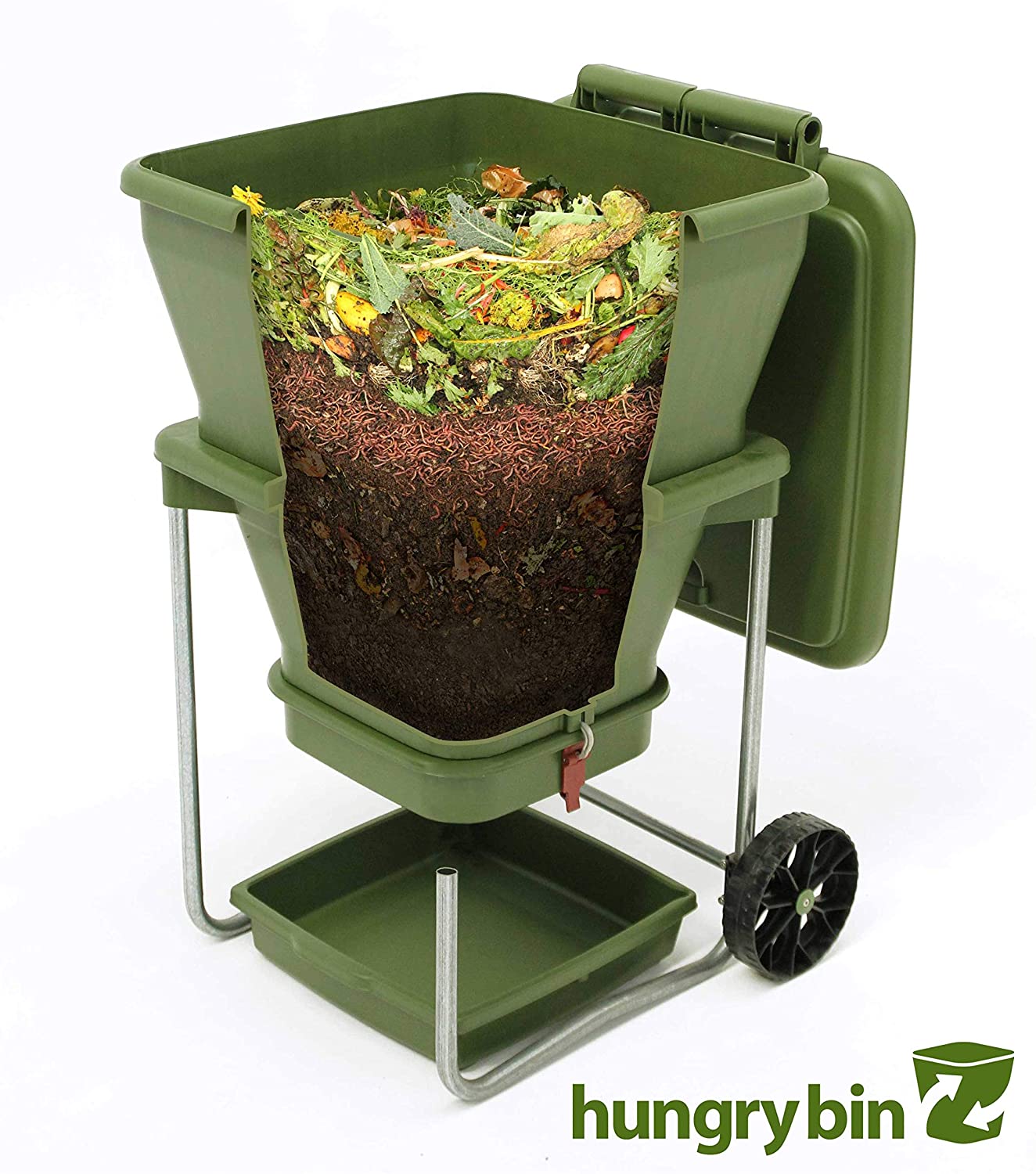
Starting a Worm Farm – The Basics
Worms
The most important element of your worm farm system are these wriggly creatures. Worms are an afterthought for most people, only seen as creepy crawlies, but they do so much more. They eat our kitchen scraps and provide us with something better in return, but not all worms thrive in worm bins. The following are Uncle Jim’s recommendations for the best worms for worm farms:
Red Wigglers
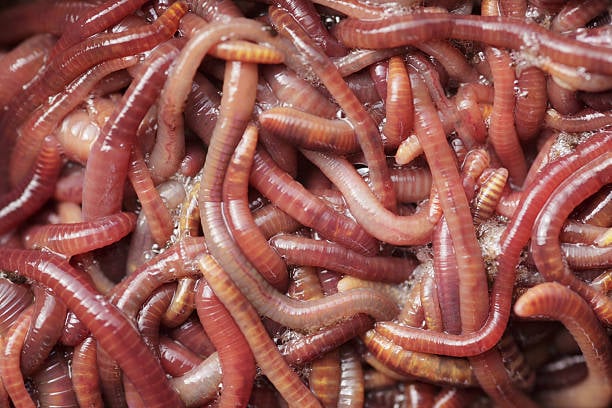
European Night Crawlers
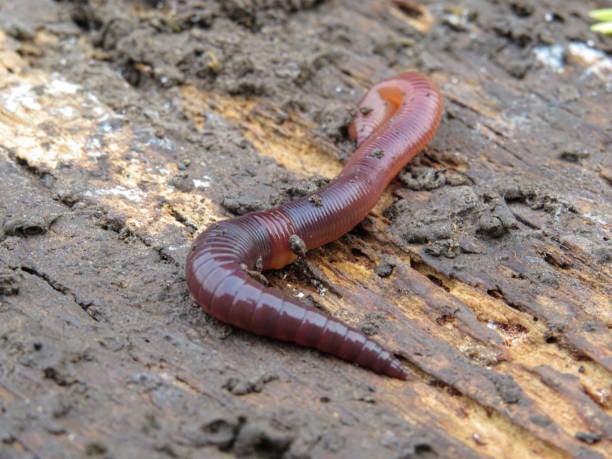
Super Reds can withstand a wider range of temperatures in their worm bins, making them low maintenance and an excellent choice for those just starting out with worm farming. They are also used as fishing bait and are particularly beneficial in aerating garden soil and lawns.
Unsure where to get your worms? Uncle Jim’s has earthworms for sale so you need not worry! We have partnered with FedEx to provide two-day shipping so you can start with your worm farm as soon as possible!
Worm Bin
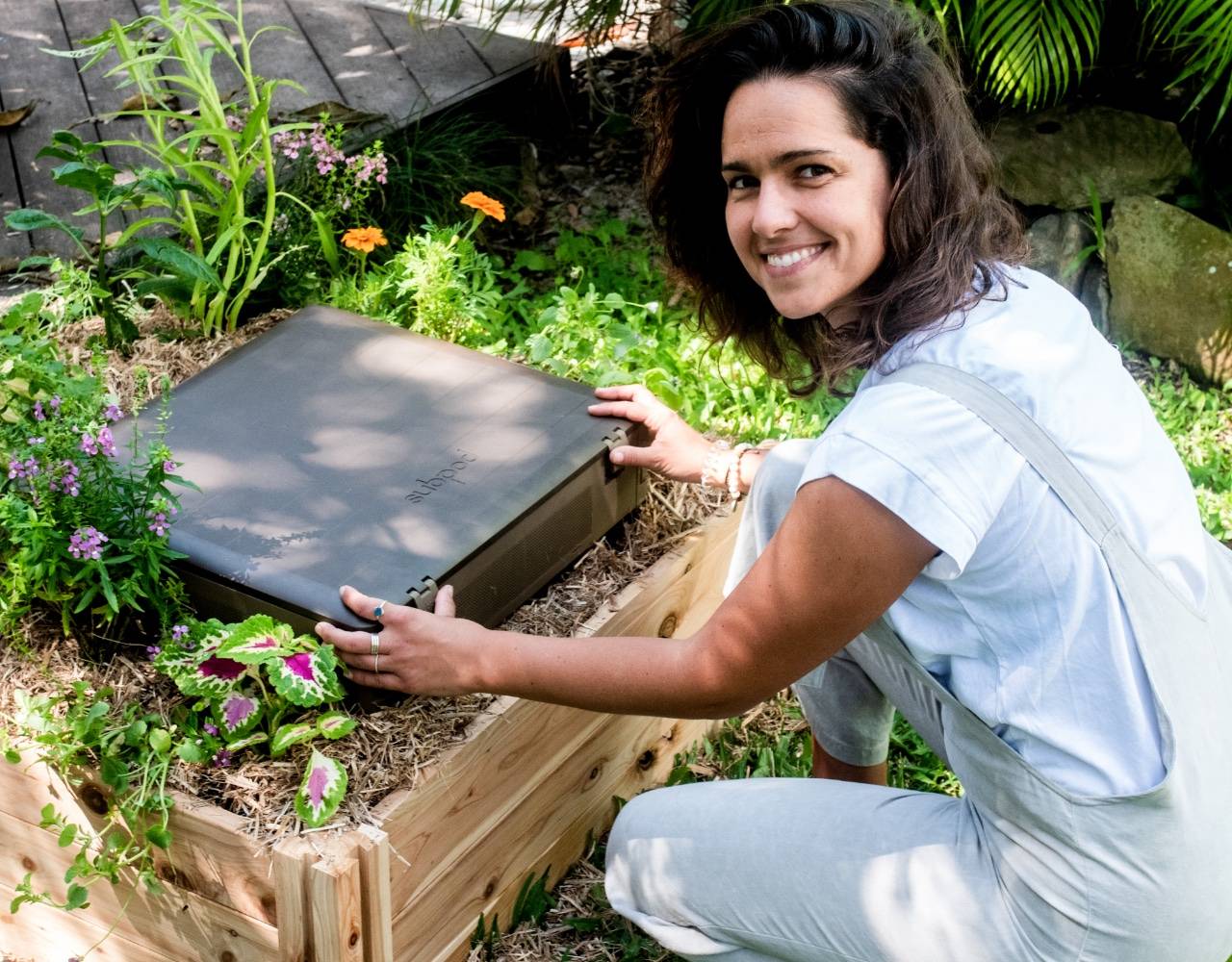
A worm bin is the place your worms will call home for their entire lives; that is why you need to carefully choose what materials you use. Wood and plastic bins are the most commonly used because they do not have any antimicrobial properties. Bacteria and other microbes are needed for worms to thrive and start the microbial process.
There are other types of vermiculture systems that might work for you such as a stacked tray bin. It saves space by literally stacking trays and having different levels for the worms to move up to and leave their castings behind for easy collection.
You can also go the traditional route and use a rectangular bin that sits on the soil like the Subpod In-Garden Compost System. There is no need to drill holes because they are already built into the bin, allowing oxygen to reach the worms and keeping the bedding moist enough.
Worm Food

The worms’ normal diet consists of organic kitchen waste such as vegetables, fruits, egg shells, and coffee grounds. Shredded newspapers and tea bags are also excellent sources of food for the worms. Food scraps containing meat or dairy products should not be added because they are often too oily or difficult to digest and attract fruit flies. Acidic food scraps like that from citrus fruits are toxic to the bin because pH levels are not balanced.
Bedding
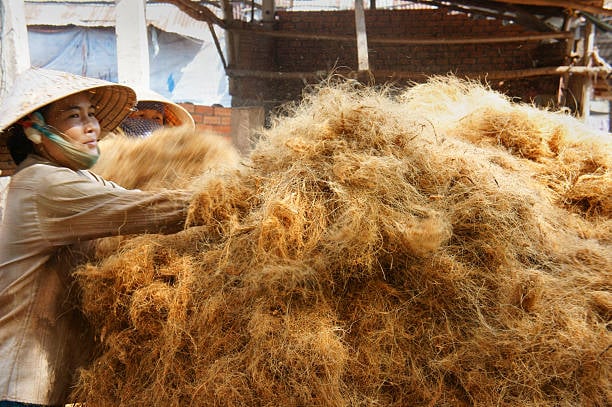
You can put all the worms you want into a worm bin; but if the worm bed conditions are not ideal, they will either die or escape. Ideal worm bedding needs to mimic the natural habitat of the worms. The following materials are what the team at Uncle Jim’s recommends for worm bin bedding:
- Shredded paper (not bleached)
- Wood chips
- Peat moss
- Coconut coir
- Shredded brown corrugated cardboard
If you are wondering where to buy worm farming supplies from, Uncle Jim’s has got you covered! From worm bins and bedding materials, all the way to books about vermiculture, we have it!
Commercial Worm Farming
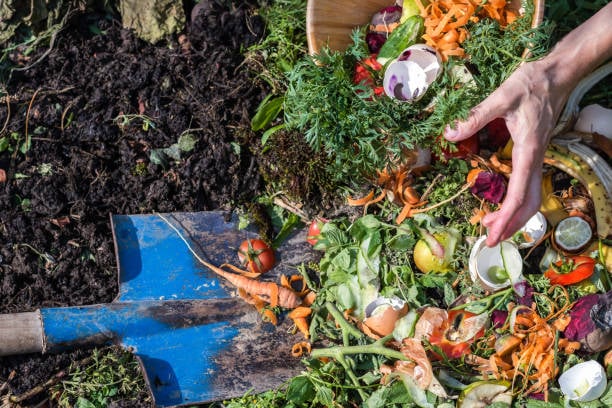
Find a Market
You need to determine if there is a potential market for your products. While it may seem appealing because you have the land and manpower to do it, you have to check first if there are people who are going to buy your products. Your main markets are the fishing and composting industry.
The fishing industry will always be looking for quality worms to use as bait. If you opt to sell worm castings as compost material, you are looking for farmers, greengrocers, and businesses who are on the path to sustainability.
Research About Worms
As with any business venture, you have to do your homework. Before you can answer the question “how to start a worm farm,” you must first determine why you want to do so. The first thing to do is to learn all you can about worms. Read articles, books and online resources to get your facts about worms right.
You must research the best type of worm to use in your specific climate because not all worms are suitable for all temperatures. Check that you have enough food waste to feed your worms commercially. Getting the proper pH and moisture levels is also a science that you have to learn and master.
Start Small & Do Not Rush
Worm farming is not everyone’s cup of tea; it takes a special talent (like that of Uncle Jim’s) to really grow a business like this. We recommend starting small, purchasing a worm farm kit, and seeing how it goes.
You need to see if you have both the time and money to dedicate to these wiggly creatures because doing vermiculture as a part-time hobby and as a full-time business are two very different things!
Worm Farm – Composting
Worms and worm castings are in high demand due to the organic boom and companies looking for more sustainable options. If you want to concentrate your worm farm business on producing and selling worm castings and worm tea, you should feed your worms only the best foods so their castings are top-notch.
You must establish relationships with local farmers and greengrocers in order to have a consistent source of income. Red Wigglers produce the best “worm poop” for composting and reproduce the fastest, so focus on acquiring and breeding as many of these as you can.
Worm Farm – Fishing

Some fishermen have even started their own worm farms to directly meet their own demands. Raising worms for fishing is not that different from raising them for composting. It is the same setup with their bedding and the same feeding schedule and types of food are used. The main difference really is that you are catering to reproduction rather than collecting the castings.
Frequently Asked Questions
What should I avoid when starting a worm farm?
While worm farming is relatively straightforward, there is still room for mistakes to be made. The most common mistake is overfeeding. Some composters get too excited and do not stick to the feeding schedule; this causes their worm bin to stink because the worms can not eat the food scraps fast enough.
Mistakes can also be made when the wrong type of bin is used. There is a reason some composters prefer an outdoor bin while others like an indoor compost bin. You cannot, for example, use an outdoor bin inside your home because it was not designed to keep the odor in. Indoor bins are either airtight or have special filters to keep odors at bay.
Another common blunder is having compost bedding be either too wet or too dry. It must be moist enough to allow worms to move around and breathe, but not so wet that they drown.
If you want to know what not to do, check out Uncle Jim’s list of the most common mistakes and what you can do to avoid them!
What are the best worm bins to use?
That really depends on where you plan to do your composting/farming. If you want to do it inside the house to be close to the kitchen, we recommend a stacked tray system because it saves space and is a really efficient way to feed your worms, collect castings, and control the pH and moisture levels. If you are worried about the smell, you can use a compost conditioner to help manage the acidity.
Outdoor composting offers a wide range of bins to use from commercial-grade plastic bins that you put up in rows. You can even opt to custom make your own to really maximize your space.
How to sell your worms (when you’re just starting out)?
Starting a worm farm business can be a very profitable project because all you really need are a bunch of worms, a place for them to live, and enough worm food for them to reproduce the nutrient-rich compost that everyone wants. The question is how to make money from your worm farm. Here are some ideas from the team at Uncle Jim’s on how to do just that:
- Breed worms to sell to fishing bait shops
- Breed worms and find local restaurants or hotels that need them for their own worm composting bin
- Create worm tea and sell it to farmers and greengrocers to help with soil health
So what are you waiting for? You’ve read all the benefits of starting a worm farm. Follow Uncle Jim’s Worm Farm Instructions for a foolproof guide on vermiculture!
Other articles you may be interested in:
